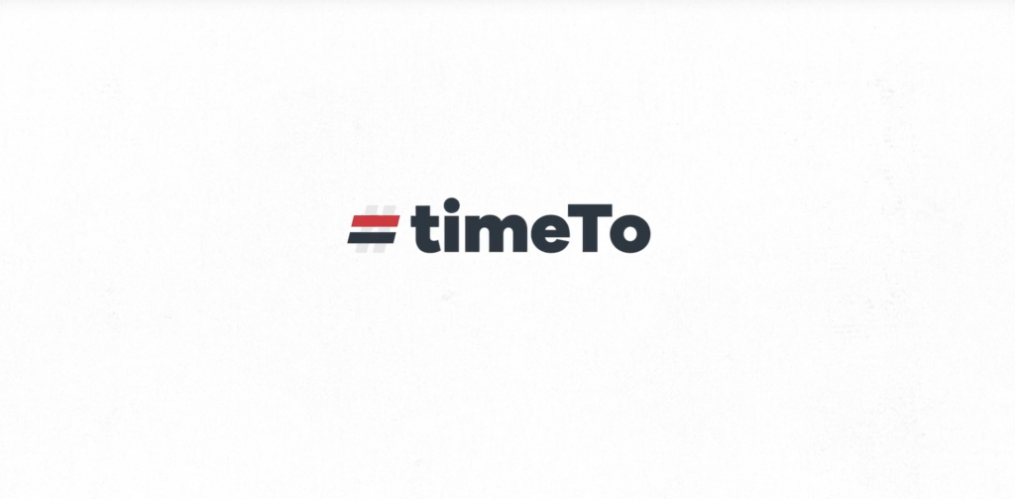Already a member? Sign in below

Advertising Association Chief Executive Stephen Woodford has previously spoken about the impetus for the #timeTo campaign, the industry’s ongoing endeavour to stamp out sexual harassment in the industry. A simple conversation with other industry veterans made plain the extent to which sexual harassment is still an issue for the industry.
The fab @WACL1, @NABS_UK @AARGROUP panel begins. What an amazing line up to discuss #timeto stop sexual harassment. These are incredible leaders who have a lot to say. We can all make a difference. @Adweek pic.twitter.com/Ok8X3GbWX7
— Syl Saller (@SylSaller) March 18, 2019
Now, months down the road, the joint campaign between the Advertising Association, NABS, and WACL, has delivered an advertising campaign across digital and physical that highlights how sexual harassment can impact a victim’s career in advertising.
Pippa Glucklich, President of WACL, opened an Ad Week Europe discussion of aims and mission of timeTo by explaining the realities of the problen:
“How many of us at one time or another have heard about a colleague or friend in our industry being sexually harassed at work? Or similarly heard tales of people sexually harassing their colleagues?
Unfortunately, I think we can all agree that the answer is too many of us. Sexual harassment is a significant problem in our industry and it’s one that hasn’t been spoken about enough until now.”
The ad campaign, devised by Lucky Generals, is explicitly designed to evoke the discomfort and anxiety felt by the victims of sexual harassment in the industry. Lucky Generals founding partner Helen Calcraft explains:
“This isn’t very easy, and I’m not just saying that because I work in an agency, but it’s actually quite a difficult thing to get an entire industry to face up to an uncomfortable truth.
I’ve spoken very openly about sexual harassment that I suffered in my 20s, but I’m now in my 50s, and I really really thought coming into this process that sexual harassment was something that was disappearing, wasn’t going to happen to my daughters, wasn’t happening to the young women that I know and that I work with in and around the industry, and it’s really shocking that this is a real and present issue in this industry.”
Calcraft also noted that the reality of sexual harassment in the industry is that a lot of perpetrators do not necessarily recognise or want to acknowledge that they have committed sexual harassment. As a result, the timeTo campaign is designed to provide a roadmap for every person in the industry, one that allows every practitioner to take personal responsibility for the environment in which they operate.
Fully 26 percent of people working in the industry reported they had been the victim of sexual harassment (34 percent of female and 9 percent of female respondents). Since the launch of our timeTo Code in July of last year we’ve seen a huge number of companies adopt the Code. Each and every one is helping spread the word that the industry will not accept any form of harassment, and that there are structures in place to defend the victims who have suffered and, in some cases, been forced out of the industry as a result.
Woodford was candid about the work that still needs to be done to resolve the issue:
“Most leading companies have now signed up, but there are still some organisations that should be there but aren’t in it. We want to get them signed up, but that’s really only the first step. As you saw from the IPG and RAC cases, there are some firms that are really running with this and making it live within their organisations.
“I was questioned by a colleague who works in a similar organisation in another European country, who said ‘Why are you doing this?’ And I said ‘we’re doing it because it’s a problem and we should address it – why are you not doing it?’ And I think that’s a source of great pride – going back to why we’re optimistic is because we are doing something about it, and we ‘re going to measure the progress we make, and we’re going to keep going as a steering group until we feel we have, if not eradicated it, taken it down to a level where we absolutely can hold our heads up with pride.”
Lorraine Jennings, Director of Services & Talent at NABS UK, agrees that hard and fast guidelines might help the industry tackle the issue. She notes that even having the rules spelled out in plain speech can do much to solve the issue:
“It helps to make it clear to employees that they will not tolerate sexual harassment, it gives guidelines for dealing with complaints of sexual harassment, and it’s crucial for the protection and assurance of those who have experienced it.
“We think that for too long people have experienced sexual harassment, and they’ve been afraid to speak out because of personal and professional repercussions, and what this code does is it gives permission for people to speak out and talk about sexual harassment in a way they couldn’t have done a couple of years ago.”
The discussion clearly captured the attention of the Ad Week Europe audience: The panel’s acknowledgement of the widespread nature of sexual harassment in the industry make it apparent that many people will have experienced it personally.
Happily, as has been demonstrated by the support for the timeTo campaign since its launch, the industry is dedicated to stamping out sexual harassment in all its forms. For more information about timeTo and to request a copy of the Code, click here.
Already a member? Sign in below
If your company is already a member, register your email address now to be able to access our exclusive member-only content.
If your company would like to become a member, please visit our Front Foot page for more details.